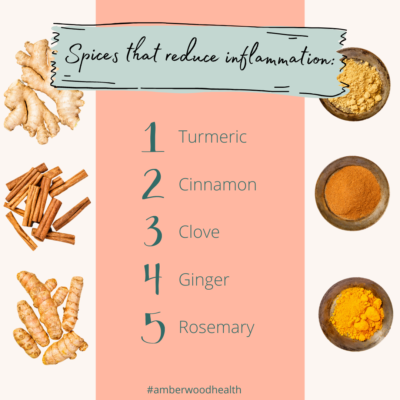Resiliency in a Pandemic: Light Therapy

Reversing and lowering risk factors can happen quickly with simple lifestyle interventions. I’ve seen remarkable changes in just a few weeks even in those who may be higher risk. Remember there is a lot you can do at home to stay resilient. Getting enough sleep, nutrition and movement has a huge impact. I’ve added red light therapy to my daily routine.
Public health is focused on keeping people safe and containing this virus. Meanwhile we have clear evidence that optimizing vitamin D levels is very smart for immune health. So is leveling blood sugar, staying active and reaching out to anyone who is alone. A new nation-wide survey shows declining mental health across Canada with those in specific subgroups being harder hit.
Science evolves as we learn more about any illness. There is much that is not known still and as the literature evolves we’ll continue to make adjustments. This doesn’t mean we were wrong before. It just means the scientific process is working and our understanding is being refined.
Tips for Resiliency In a Pandemic
Ventilation is smart. Many of you know that my son suffered from two asthma attacks when he began school. The best move I made for his lungs was having a hepa air filter in his room as he slept. Many people are now investing in these or UV filters for their homes. The reason we don’t have contact tracing at grocery stores is because they are highly ventilated.
Red light therapy has over 500 randomized control trials backing its efficacy. From lowering antibody levels in Hashimoto’s thyroiditis to healing skin issues and chronic pain, just ten minutes each day is helpful. Red light therapy can improve recovery time for those who are active. It reduces inflammation and nitric oxide while improving mitochondrial function.
It has been proven as an effective therapy for seasonal affective depressive disorder. There is a new Canadian distributor called Red Alternative. They are worth checking out. The price has come down a lot in the last year which makes it more accessible than ever especially with the 40% discount available until the end of this year.
Remember that lifting weights and moving your body releases feel good neurotransmitters and lowers stress hormones. Planning weekly hikes or walks can keep us connected, healthy and happy. Engaging in a regular movement through online classes or at the gym can make all the difference right now. Challenge yourself to learn new things and build muscle. Your brain will grow.
Censorship in Science
Since the beginning of the pandemic there has been a level of censorship happening both in mainstream media and in social media around anything to do with the pandemic. This is disheartening but luckily we can continue to access intelligent medical professionals who we can lean into for information. Dr. Sunetra Gupta is a professor at Oxford University and an epidemiologist with expertise in immunology, vaccine development, and mathematical modeling of infectious diseases. She advocates for focused protection so that children and working people can continue to function. One of her concerns with the pandemic is lowered childhood vaccination rates. She is just one of many who has been censored.
“Censorship doesn’t fix the problems in science, but rather introduces new problems of its own.” Dr. Prasad
There are also people who don’t believe this is real even as they are dying from it. I spoke to the organizer of a talent show this weekend. A group of young people were gathering in a small unventilated area with disregard for public safety guidelines. How do we reach people like this and bring them on board so we can avoid further restrictions and higher transmission rates? Those with little or no symptoms can transmit this virus to people who then end up in the hospital or worse.
Will Vaccines bring back normal?
In the short term the answer is likely no. The Pfizer and Moderna trials indicated that people who received these vaccines were less likely to become ill with COVID-19. But they didn’t track asymptomatic infections, which means that vaccinated people who don’t get sick could still transmit the virus.
Future research will explore whether the current vaccines reduce transmission in asymptomatic people, and it’s also possible that vaccines that are yet to be released may have this effect.
Is the Pfizer vaccine safe for the elderly?
We don’t have enough information yet and there is data that has yet to be released publicly for independent review. We are waiting on this. The trials didn’t include anyone with chronic disease or pre-existing conditions so we also won’t have data on this for awhile.
We also don’t know how long immunity from vaccines lasts but some recent research from natural infection is looking promising in this regard. In BC 83% of people say they are considering getting the vaccine once it is available. Public health has offered that anyone with an adverse response to vaccinations in the past or those who are immunocompromised should be cautious.
The holidays this year
Be kind and reach out to anyone who is experiencing pandemic fatigue on top of the regular holiday stress. It can be as simple as checking in with neighbours to ensure they have what they need as cases rise. Healthcare workers are nearing burnout and in many cases they are working harder this season.
A gratitude practice is a powerful tool for your own well-being. Showing gratitude for others can go a long way especially right now. Consider how you can reach out and share yourself in a way that increases another’s joy. When we are happy, we are more resilient.
Related Posts
 How Stress Kills: Social Determinants of Health
How Stress Kills: Social Determinants of Health





